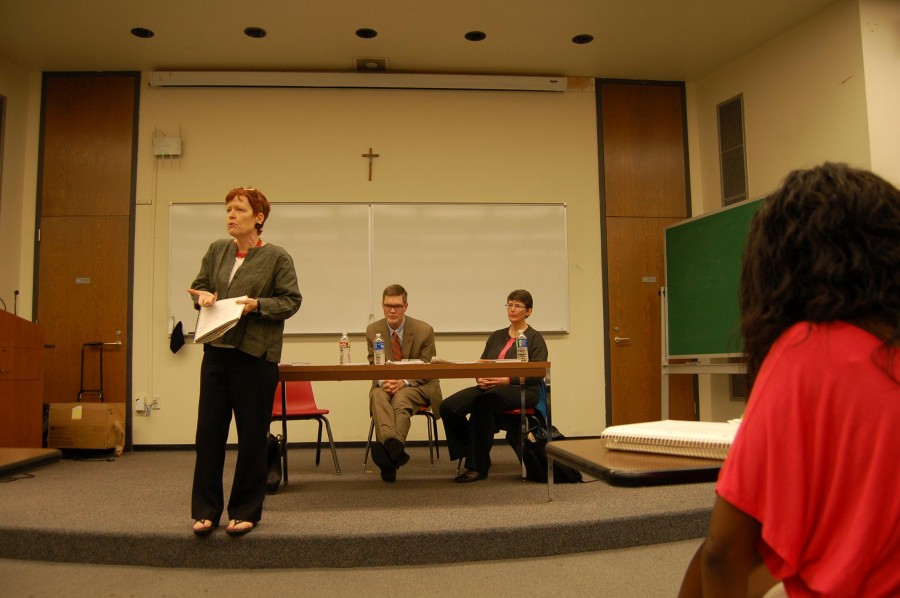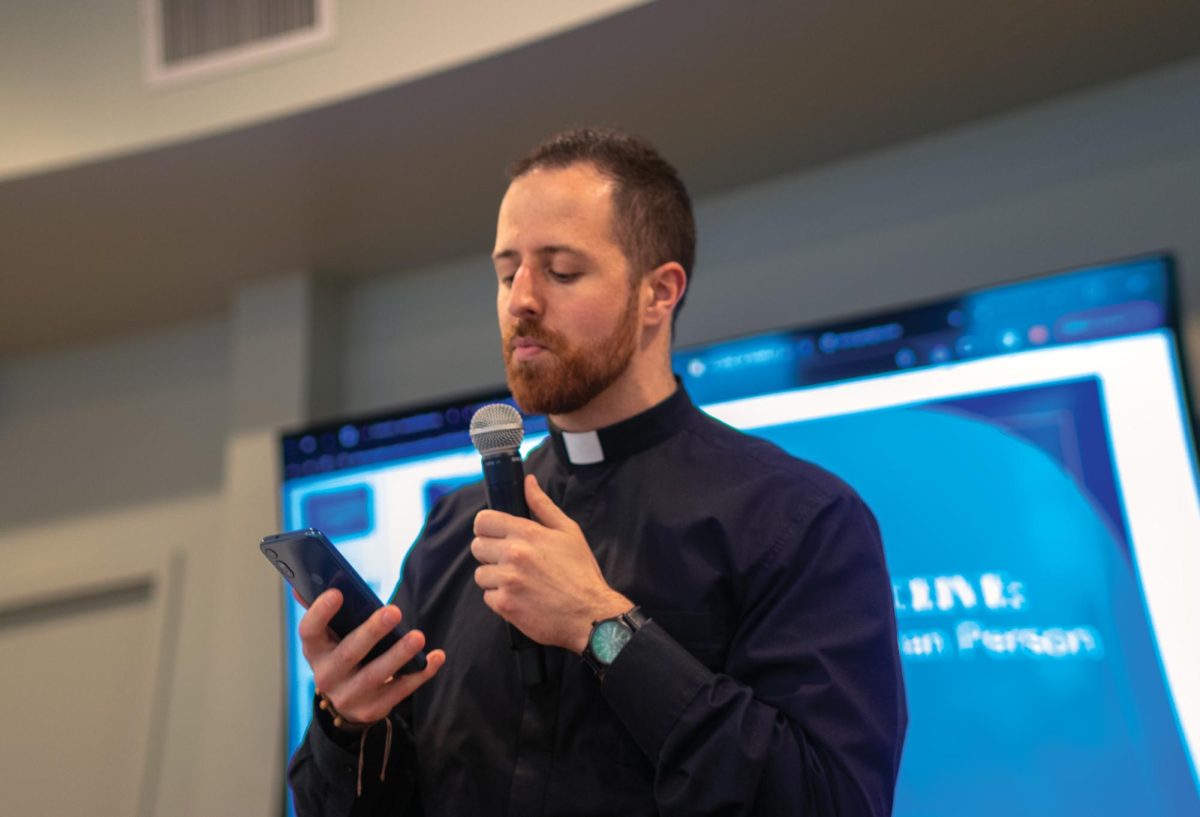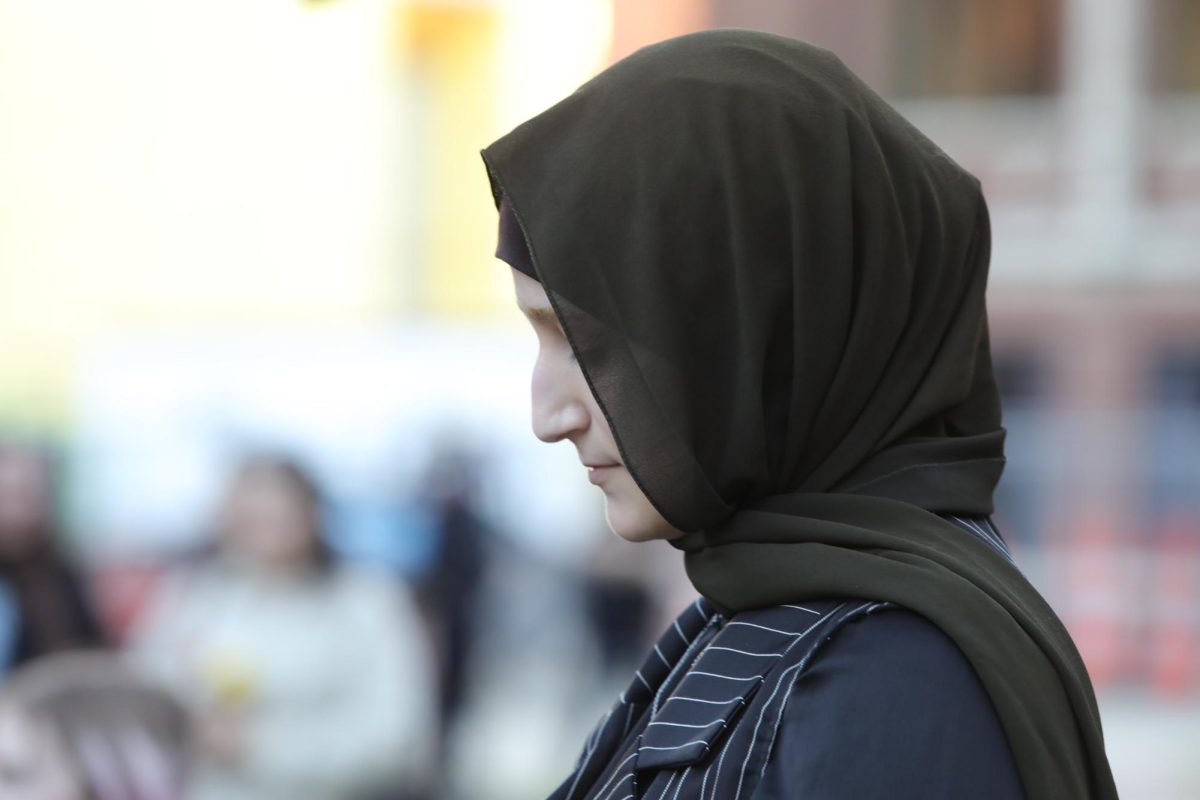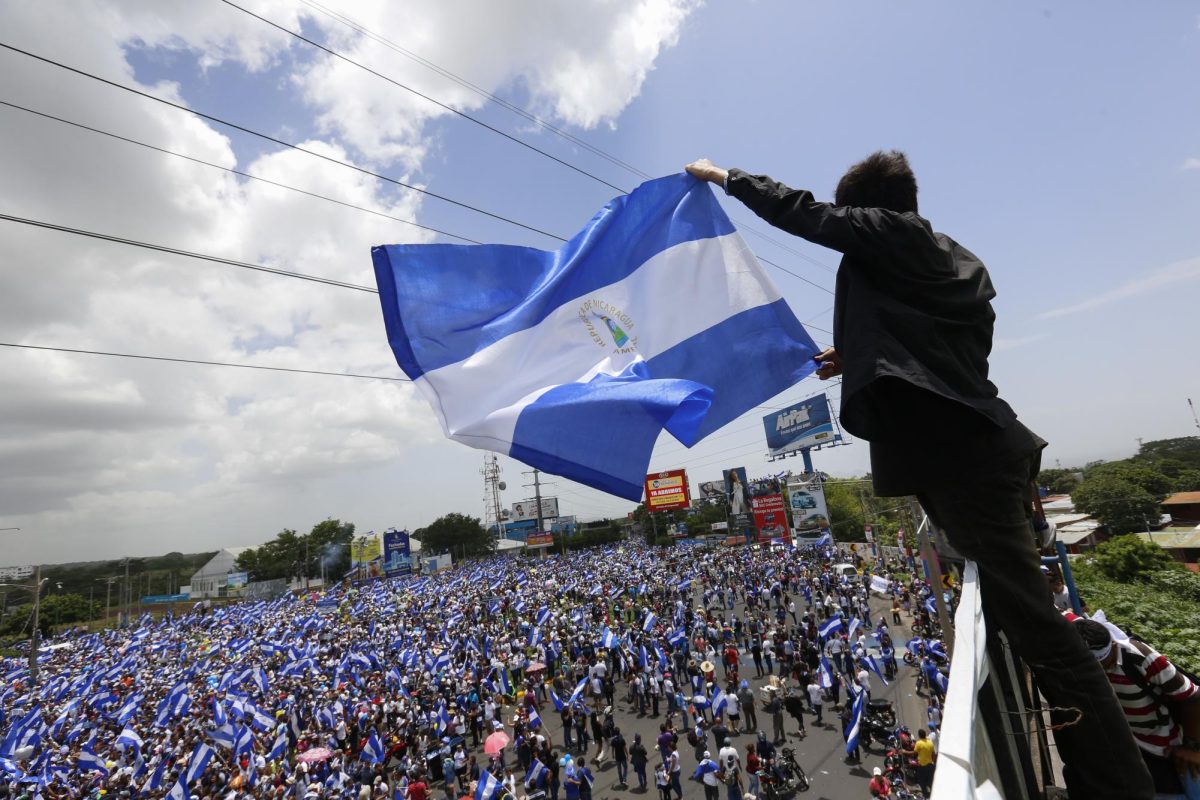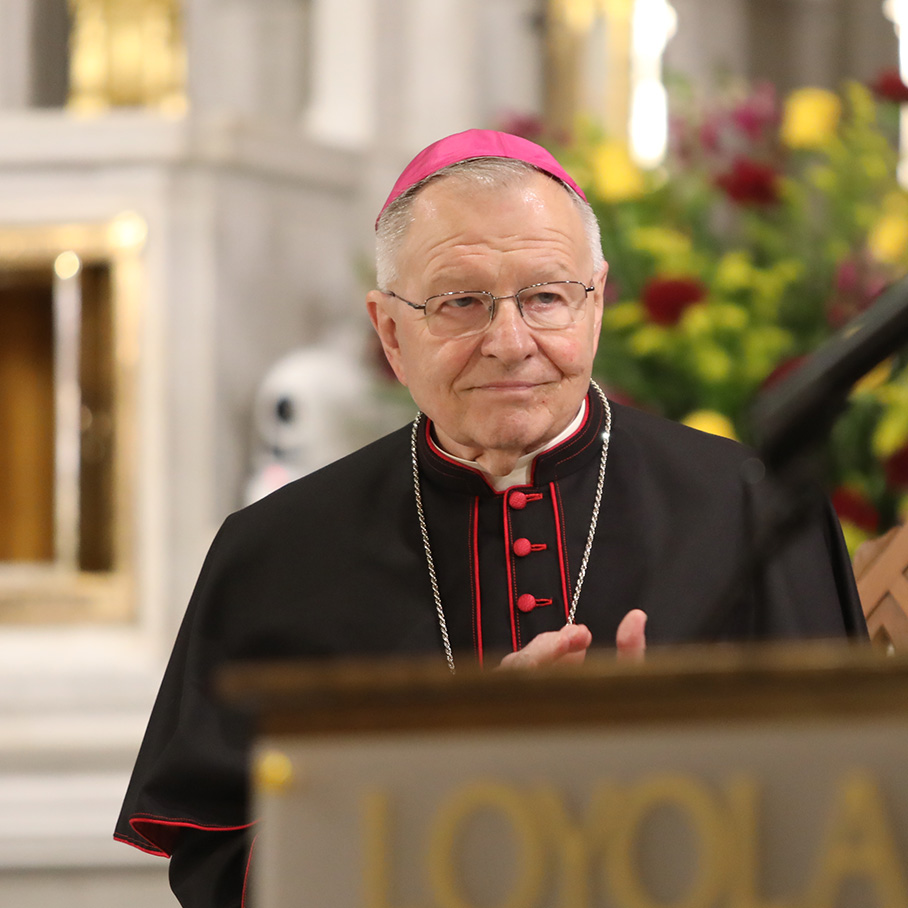Personal and spiritual expirences have influenced three authors in writing their book, which talked about the relationship between white supremacy and the incarceration of colored people.
Authors Alex Mikulich, assistant professor for the Jesuit Social Research Institute, Laurie Cassidy, assistant religious studies professor at Marywood University and Margaret Pfeil, assistant theology professor at the University of Notre Dame, presented their book “The Scandal of White Complicity and U.S. Hyper-incarceration: A Nonviolent Spirituality of White Resistance” on Wednesday, April 10, in Millar 114. The Jesuit Social Research Institute, Gillis Long Poverty Law Center, and Department of Sociology sponsored the discussion, which went over the relationship between white people and the uneven incarceration of minorities.
Mikulich, Pfell and Cassidy organized this discussion panel in parallel to the construction of the book. Mikulich began the discussion by talking about structure, defining exactly what the authors mean by “hyper-incarceration,” which is the over incarceration of a certain group of people, and “white complicity,” which is interchangeable with white supremacy.
“One of the great benefits of working on this book is that it’s really three books in one,” Mikulich said. “From a Catholic perspective, it’s very Trinitarian because we have three co-authors who have been in conversation with each other, interrelating questions of structure, culture and spirituality.”
Pfell, as did the other speakers, spoke about her experience and how it led to a self-realization that they needed to spread awareness of the current state of white privilege, especially in terms of incarceration.
“What I’m finding in my research is that, that picture in your head of the dangerous black man goes all the way back to Thomas Jefferson, that we needed that idea of the dangerous black man in order to do what we did with slavery and again right now with incarceration,” Pfell said.
The discussion ended with Cassidy’s take on the spirituality concerns surrounding this issue. Cassidy brought the issue back in relevance to Loyola’s Jesuit ideals when she spoke on spirituality and the role it plays in this issue of hyper-incarceration of minorities.
Many sociology students, like sociology freshman Sammy Ybarzabal, attended the panel discussion to relate the topic back to themselves and their class.
“Because we live in New Orleans and there’s a lot of crime, I feel like we need to have this talk,” Ybarzabal said. “Even when people walk in the streets, there’s this sense of fear when they’re around people of color in the city. Why are we like that?”
Mary Graci can be reached at [email protected]


